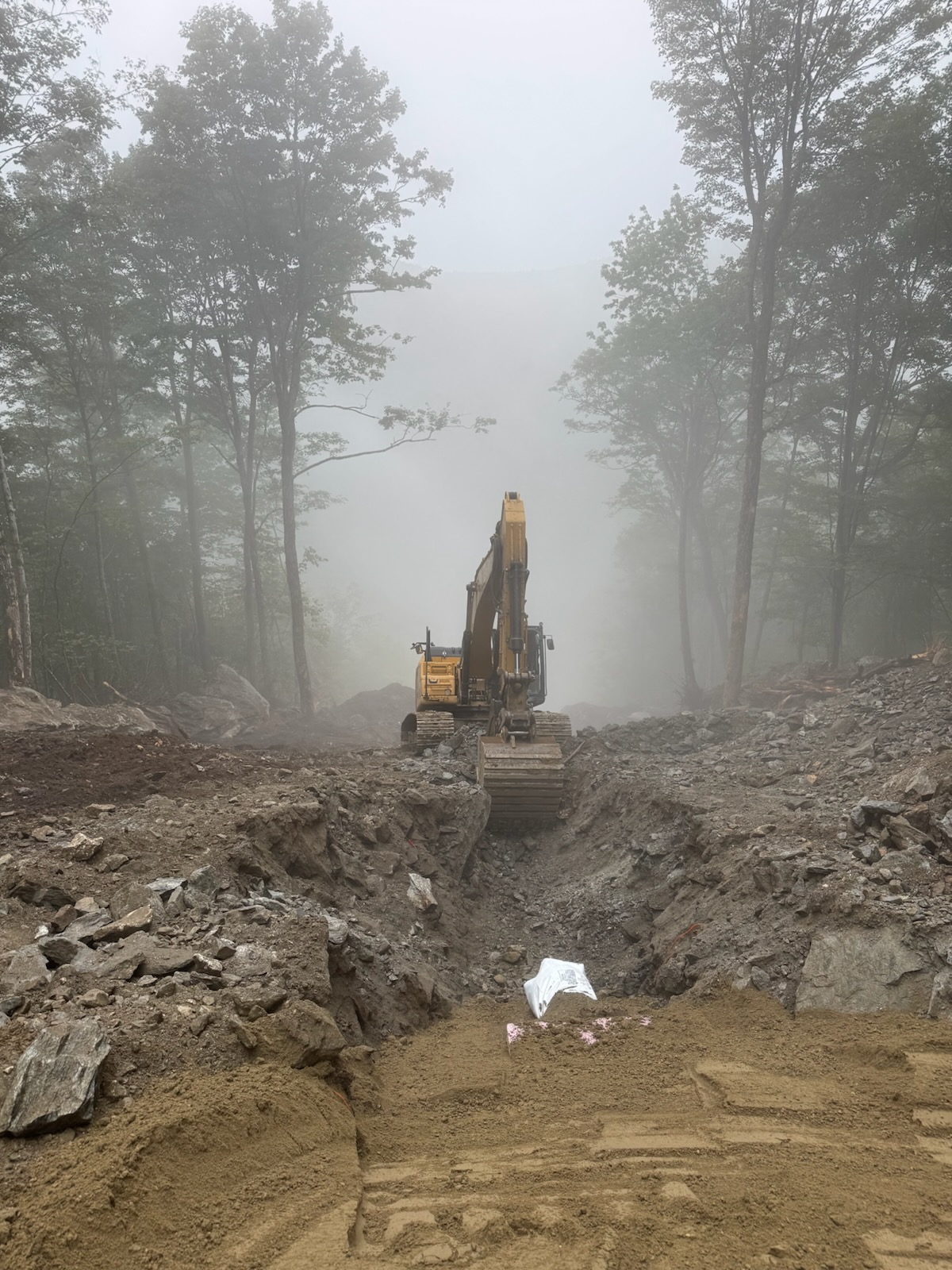
Safety First: Best Practices for Excavation in Urban Areas Oct 18, 2025
Understanding the Site Conditions
Before any excavation begins, it is crucial to thoroughly assess the site conditions. This involves a detailed survey to identify any existing underground utilities such as gas lines, water pipes, and electrical cables. Knowledge of these utilities can prevent potentially dangerous accidents and service disruptions. Engaging with local utility companies to get accurate maps and verifying them with ground-penetrating radar is a must.
Planning and Permits
Careful planning is the backbone of any successful excavation project. Jack Of All Blades recommends creating a comprehensive excavation plan that documents all procedural steps, safety measures, and potential risks. Additionally, obtaining necessary permits from local authorities is critical to comply with city regulations and avoid fines or project delays. Permits ensure that your project considers community safety and environmental regulations.
Implementing Safety Measures
Safety measures are non-negotiable in urban excavation. Protective barriers and fences should be erected to demarcate the excavation site, keeping pedestrians away from potentially hazardous zones. Furthermore, placing clear signage around the site can alert the public and nearby businesses about the ongoing activity, enhancing overall safety.
Ensuring Shoring and Proper Support
One of the significant risks in urban excavation is trench collapse. To prevent this, it is essential to implement proper shoring techniques. Shoring involves the use of supports to maintain the sides of a trench. It minimizes the risk of collapse, which could otherwise lead to injury or damage to adjacent structures. The use of high-quality, certified equipment for shoring is crucial and should be inspected regularly to ensure it meets safety standards.
Effective Communication
Successful urban excavation hinges on effective communication among all parties involved. Regular safety briefings and open channels of communication among engineers, on-site workers, and project managers help maintain situational awareness. Moreover, advising nearby businesses and residents about construction schedules and noise levels shows respect for the community and can alleviate potential grievances.
Monitoring and Emergency Preparedness
Continuous monitoring of the excavation site is vital to quickly identify any arising dangers. Technology like digital sensors and cameras can help keep track of structural integrity and unexpected movements in the surrounding area. Additionally, having an emergency response plan in place is essential. This plan should include evacuation routes, contacts for emergency services, and procedures for common scenarios such as gas leaks or equipment malfunctions.
Conclusion: Prioritizing Safety in Urban Excavation
Adhering to best practices for excavation in urban areas not only ensures the safety of the workers but also protects the community and infrastructure. Jack Of All Blades is dedicated to providing safe and efficient excavating services, always putting safety first. By conducting thorough site assessments, planning meticulously, and implementing stringent safety measures, urban excavation can be executed successfully, minimizing risks and maximizing benefits. Prioritize safety to pave the way for project success in urban environments.
/filters:no_upscale()/filters:format(webp)/media/16e0c933-7044-4368-9f8f-6befdde7bf49.jpeg)
/filters:no_upscale()/filters:format(webp)/media/64cbd116-f620-4e6b-af41-19b0ca69d22d.jpeg)